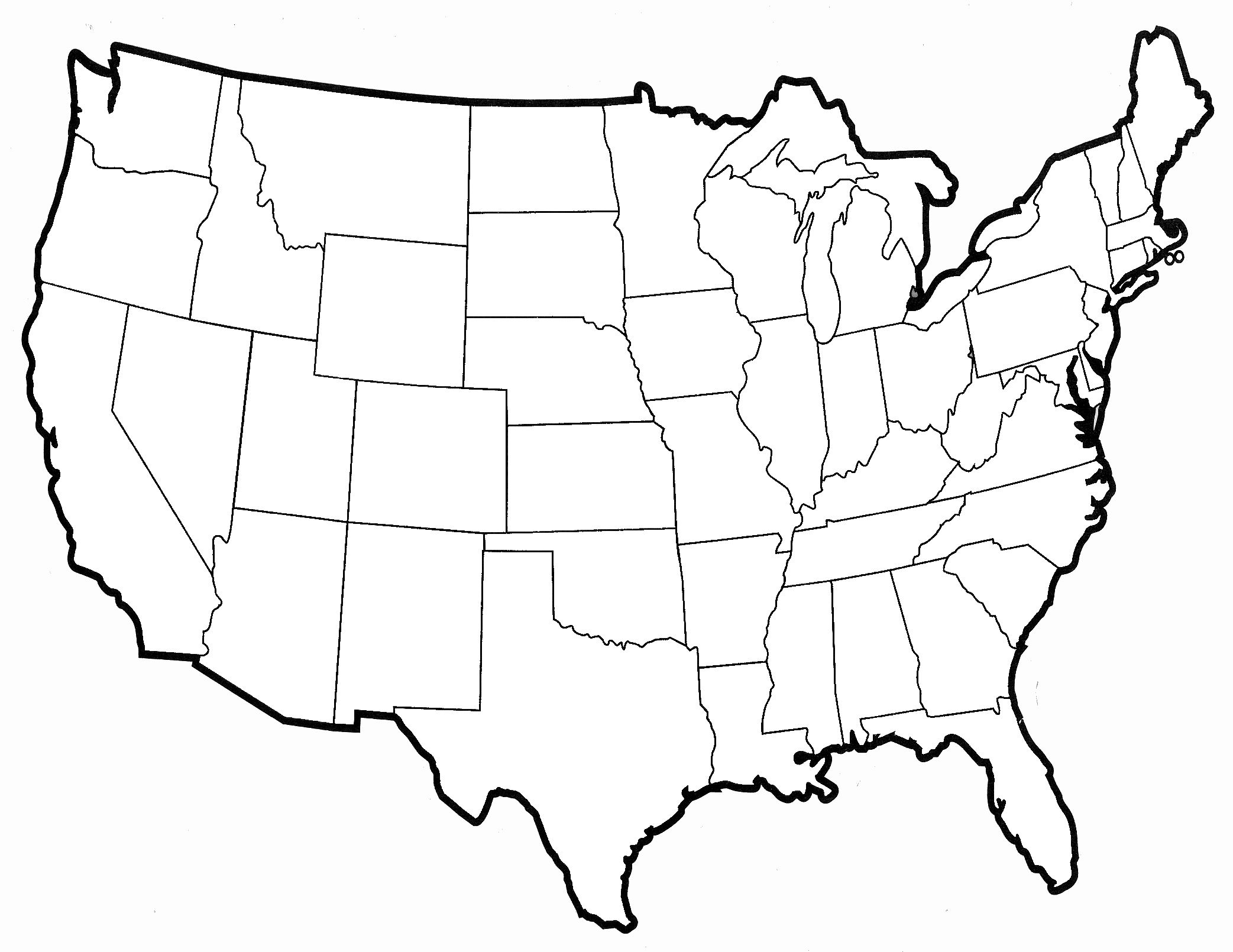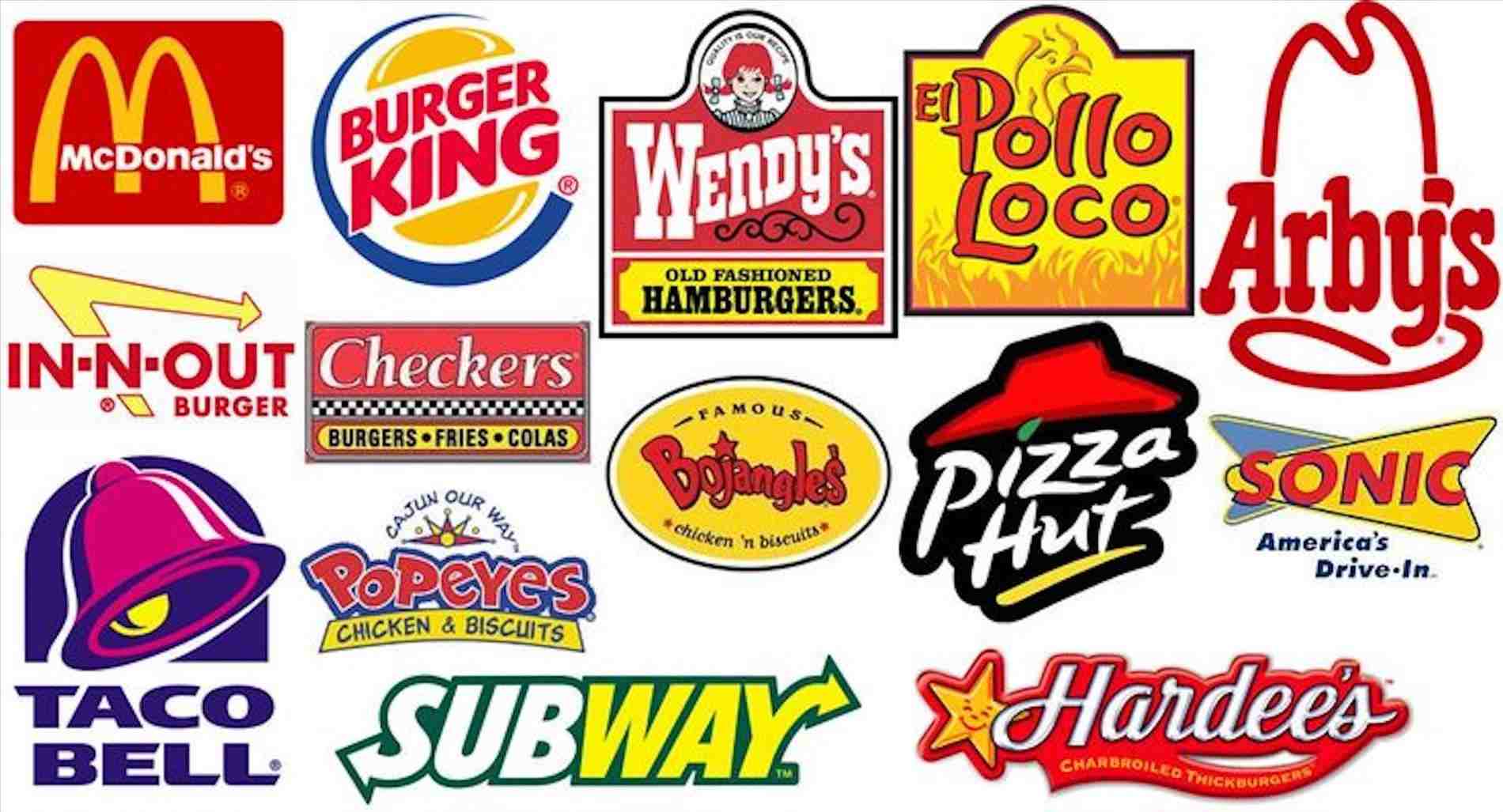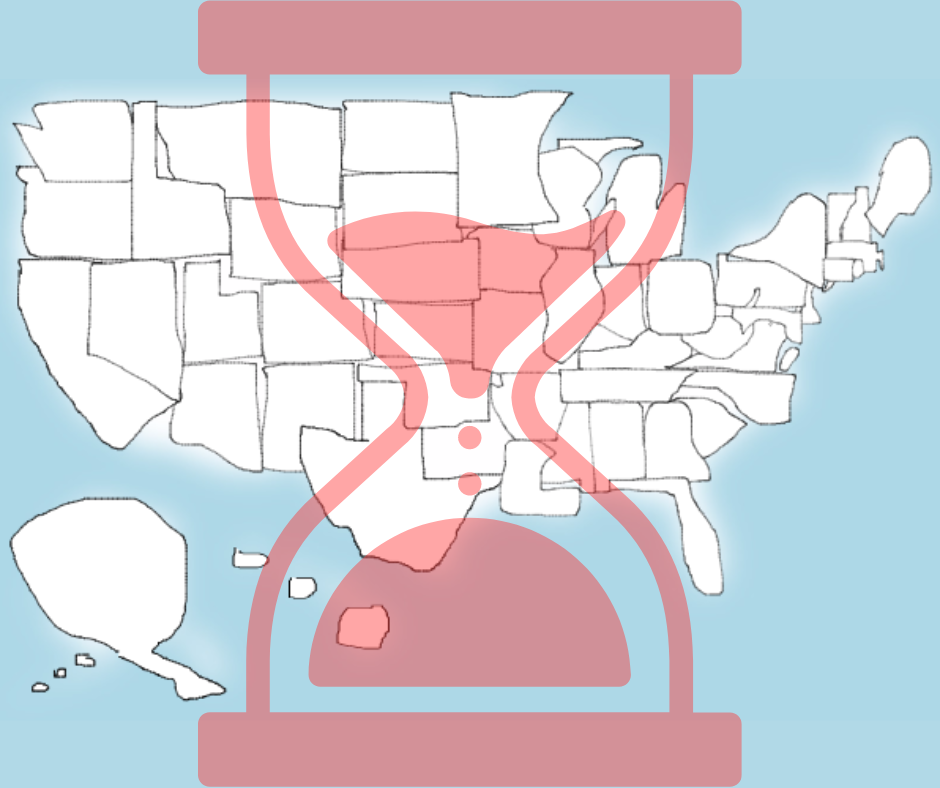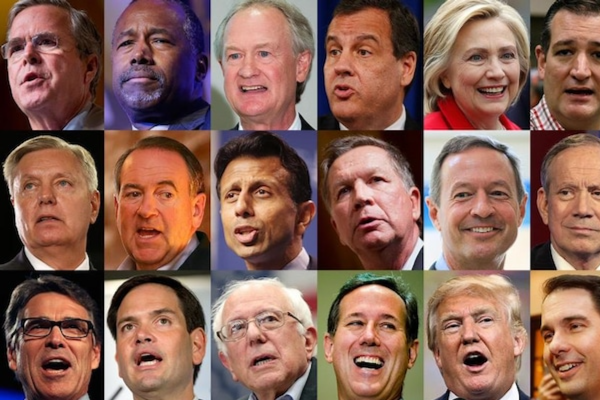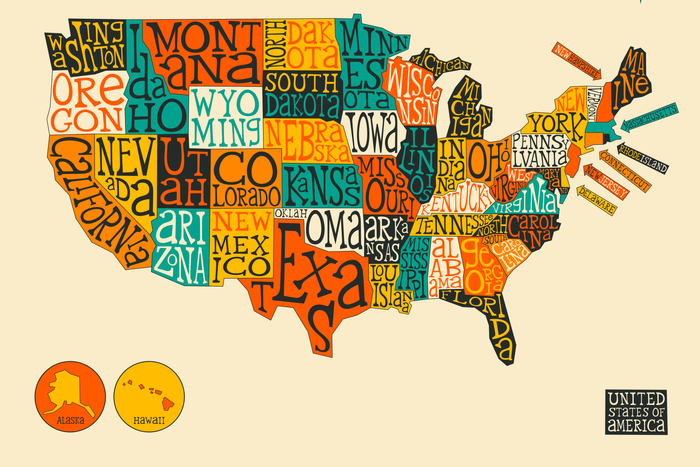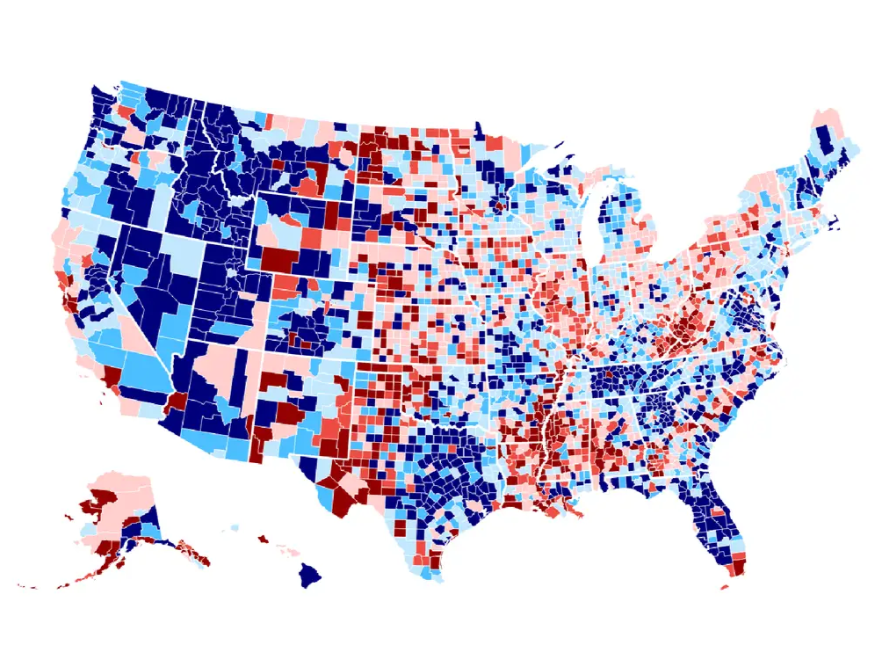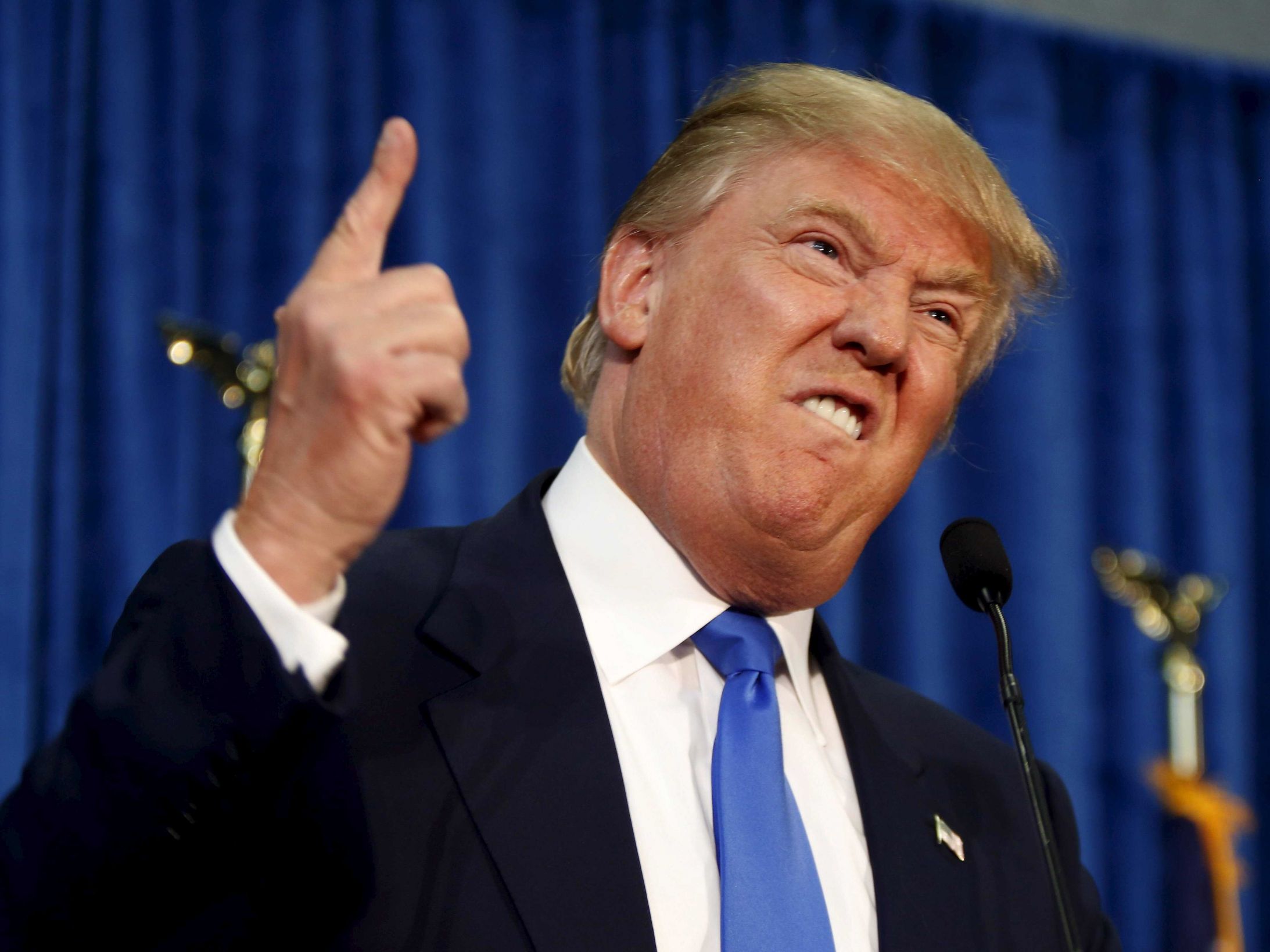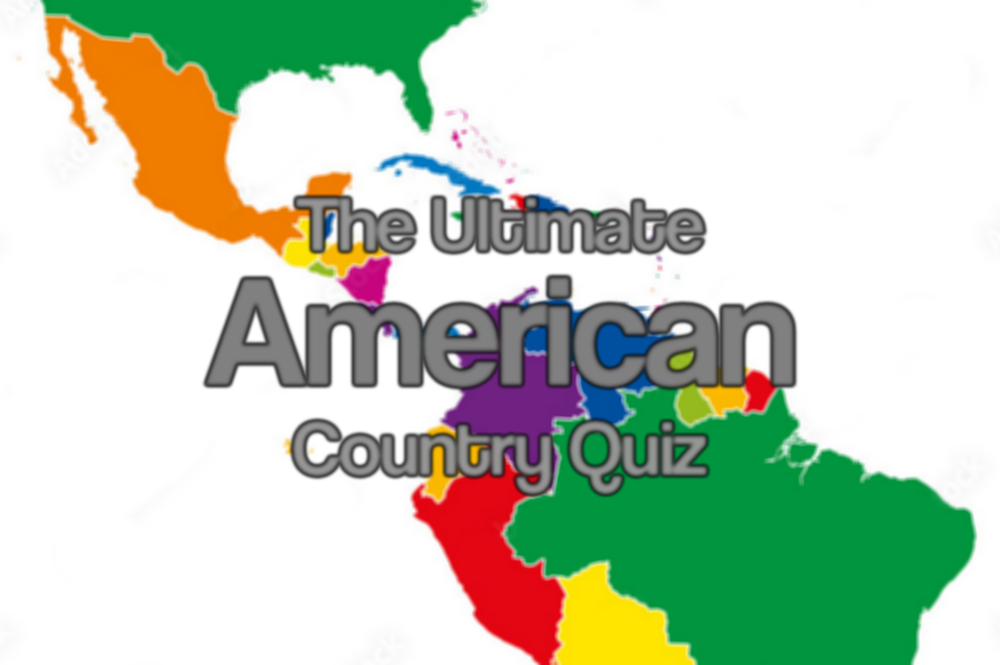POLS 1101 Final Exam Review
Created on:
Apr 26, 2024
Duration:
39 minutes, 30 seconds
Category:
Questions:
79 questions
Average Score:
69/79
Players:
297
Language:
English
Quiz Description:
POLS 1101 Review
79 Trivia Questions and Answers
A political ideology advocating for a single-party system
A social theory that recognizes and respects diversity in society
A religious doctrine promoting the belief in multiple gods
An economic model advocating for state control of all industries
Pluralism undermines democracy by promoting division and conflict.
Democracy and pluralism are incompatible concepts.
Pluralism enhances democracy by ensuring diverse representation and perspec
Democracy requires homogeneity and uniformity to function effectively.
with higher levels of income and education.
from the lower socioeconomic levels
who work in manual labor and unskilled occupations
who identify as Democrats
Young professionals
Environmental conservation
Senior citizens
Veterans' rights
Influence public policy
Getting their members elected
Represent a narrow group of individuals' interests
Promote the concerns of its members
Members share opposing opinions
Members are from one geographic location
All interest groups are relatively small
Members have a lot of time and money
Nonmembers receive the benefits of a group without joining
People don't have to pay to join a group
The government pays its citizens to support their goals
Representatives can support a bill without signing it
The Brass Knuckles
The Iron Triangle
The Bermuda Triangle
The Circular Trap
Senators have longer terms
Senators represent districts
House Representatives are unelected
The President chooses House Members
Water
Public parks
Housing
Healthcare
Excludability
Rivalry in consumption
Non-excludability
Limited availability
Encourage free-riding behavior
Ensure that all members contribute equally to the group's goals
Discourage participation in collective action efforts
Overcome the free-rider problem by providing incentives for membership
Access to exclusive perks for members
Universal healthcare coverage for all citizens
Tax deductions for charitable donations
Publicly available information about government policies
Lobbying
Running for election
Through the courts
Ballot initiatives and referenda
Winning the presidency in national elections
Controlling a majority of seats in Congress
Shaping public discourse and policy agendas
Bypassing the legislative process entirely
By ensuring a balanced distribution of power between the branches
By challenging the dominance of the two major parties
By directly appointing candidates to high-ranking government positions
By implementing policies without the approval of the legislative branch
Rarely influenced government policies or elections.
Consistently won the majority of seats in Congress.
Introduced significant policy changes and influenced elections
always aligned perfectly with the platforms of the two major parties
By directly appointing judges to the courts
By lobbying members of Congress to pass specific legislation
By filing lawsuits and participating in court cases related to their issues
By organizing public protests and demonstrations
Organizing grassroots efforts within an organization
Seeking support from other groups or organizations outside one's own group
Coordinating lobbying activities with government officials
Engaging in campaigns to enhance the image of the organization
The process of gathering support from outside organizations
The process of organizing members of a group or organization from within
The act of seeking support from international institutions
The process of influencing government policies through lobbying efforts
Old age
Low socio-economic status
High civic duty
Being a man
The context of the political environment
State electoral laws
Living in the south
Socioeconomic
The process of forming coalitions across party lines
The tendency for political views to become more extreme & divided over time
The promotion of centrist ideologies in political discourse
The process of reducing ideological differences between opposing parties
Increased bipartisan cooperation
Diverse media consumption habits
Increased ideological differences between political parties
Having high political knowledge
By promoting balanced and nuanced discussions among users
Creating echo chambers where users are exposed only to like-minded opinions
By discouraging political engagement and activism
By fostering bipartisan collaboration and compromise
Promote bipartisan solutions and compromise.
Work to bridge ideological divides and unite opposing factions.
Engage in rhetoric that reinforces partisan divisions and tribalism.
prioritize the interests of the general public over their own party
Increased willingness to compromise and negotiate on policy issues
Enhanced political stability and social cohesion
Difficulty in passing legislation due to gridlock and ideological clashes
Decreased voter turnout and participation in elections
The process of selecting candidates for political office
Redrawing electoral district boundaries to favor one political party
The practice of registering voters in multiple districts
Providing financial incentives to encourage voter turnout
To ensure fair representation for all citizens
To create competitive elections in every district
To maximize the number of seats for a particular political party
To prevent incumbents from being reelected
The advantage held by political challengers over incumbents in elections
The tendency for elected officials to become more moderate over time
Advantages enjoyed by candidates already in office in seeking reelection
The advantage of having a high approval rating among constituents
Limited access to campaign funds
Name recognition and visibility in the community
Lack of experience in government
Negative media coverage
House members serve six-year terms, while Senators serve two-year terms.
House members represent individual states; Senators represent districts
House members have unlimited terms, while Senators are limited to two terms
House members are allocated by population; each state has two Senators
The power to introduce bills in Congress
The power to amend legislation before it becomes law
The power to veto bills passed by Congress
The power to interpret and enforce laws passed by Congress
The bill becomes law without the President's signature.
Congress can override the veto with a 2/3 majority vote in both chambers
The bill is sent back to committee for revision.
The bill is automatically repealed.
Two separate individuals
The same individual
A monarch and a prime minister
A ceremonial figurehead and a chief executive
Through a direct popular vote
By appointment from the head of state (monarch or president)
By a vote of confidence from the legislative body
By a committee of senior government officials
Powers explicitly granted to the President by the Constitution
Powers inferred from the necessary and proper clause of the Constitution
Powers shared between the federal and state governments
Powers reserved exclusively for the states
Declaring war
Regulating interstate commerce
Confirm Supreme Court Justices
The power to coin money
To hold private meetings with key congressional leaders
Communicate directly with the American public & gain support for policies
To consult with foreign heads of state on international issues
To seek advice from legal scholars and constitutional experts
To pass legislation and make laws
To help organizations run smoothly and efficiently
To conduct diplomatic relations with foreign governments
To represent the interests of political parties
Devolution
Regenerating
Termination
Privatization
The challenge of coordinating activities between different federal agencies
The conflict of interest between elected officials and their constituents
The difficulty in ensuring that agents act in the interests of principals
The imbalance of power between the President and Congress
The principle of interpreting laws based on the original intent
The principle of deferring to decisions of higher courts in similar cases
The principle of allowing juries to determine guilt in criminal trials
The principle of judicial review over legislative and executive actions
It allows judges to disregard previous rulings
It provides consistency and predictability in the interpretation of laws
It limits the authority of the judiciary in shaping public policy
It encourages arbitrary decision-making by judges
5
7
9
12
By a constitutional amendment
By an executive order from the President
By an act of Congress
By a popular vote of the citizens
The President
The Senate
The Supreme Court
The American Bar Association
Confirmation by a majority vote in the House of Representatives
Confirmation by a two-thirds vote in the Senate
Appointment by the President without confirmation
Confirmation by a majority vote in the Senate
Appointment by the Governor
Election by the state legislature
Election by popular vote
Appointment by the President
The process of reviewing judicial decisions by higher courts
The process of reviewing laws and actions to determine constitutionality
The process of reviewing evidence presented in a trial
The process of conducting background checks on judicial nominees
A philosophy advocating for limited government intervention
A philosophy that emphasizes the limited the role of the government
A philosophy that encourages judges to interpret the Constitution broadly
A philosophy that prioritizes strict interpretation of the Constitution
Credit card companies are interested in the public good
Private interests are hiding behind the ideals of public interests
Public interest groups are now actively involving private corporations
The free-rider problem does not apply to private corporations
Fielding large numbers of electable candidates
Financing large numbers of election campaigns
Empowering less potent segments of society
Representing the interests and encouraging political participation
the majority system
the plurality system
proportional representation
the spoils system
Conflicts in the government create divided factions that mobilize support
Party leaders try to rally support for their platforms once they're in gov.
Citizens deemed to be undesirable outsiders are excluded from a party
A group of politicians outside government organize popular support
Conflicts in the government create divided factions that mobilize support
Party leaders try to rally support for their platforms once in office
Citizens deemed undesirable are excluded from the party
A group of politicians outside government organize popular support
Seats in the legislature are allocated based on parties' share of the vote
Each political party receives an equal number of seats
Every candidate who receive above a certain percent of the vote get seats
Candidates can only win an election if they receive most of the votes
constituent
trustee
delegate
incumbent
50
66
80
90
redistricting
gerrymandering
redlining
apportionment
Automatic veto if the President does not act during the final 30 days
Automatic veto if the President does not act during the final 10 days
Veto issued by the Senate against a bill passed in the House
Veto issued by the states against a law passed by Congress
Going rogue
Going public
Selling out
Propagandizing the public
An expressed power
A delegated power
Executive privilege
An executive order
increased sharply
increased slightly
gradually declined
decreased sharply
Adjudication
Regulation
Deregulation
Implementation
Rule by the desk
Control of the anonymous
Next window please
Government by the people
Public law
En banc decisions
Precedents
Ex post facto cases
Public
Criminal
Common
Tort
Appellate
Criminal law
Civil law
Common law
The military
The federal government
Churches and religious organizations
The United Nations
User fees
Property tax
Sales tax
Tax credits
A tax that takes the same amount of tax from everyone, regardless of income
A tax that takes a larger percentage of income from higher-income groups
A tax that takes a larger percentage of income from lower-income groups
A tax that gives money back to tax payers
It was established in 1965
It is a program based on voluntary savings
Contributors receive benefits in strict proportion to their contributions
Social Security redistributes wealth from younger workers to older retirees
Social Security
Food stamps
Public housing assistance
Medicare
the 1890s
the 1920s
the 1930s
the 1960s
Idealism
Isolationism
Internationalism
Sovereign dominance
Diplomacy
Appeasement
Detente
Preventative war
History has shown that only democratic states respond well to deterrence
Deterrence has been made illegal under international law
They have a lack of a fixed location, making retaliation difficult
Terrorist groups do not yet have access to nuclear weapons
The largest naval fleet in the world
Troops stationed on the borders
Geographical isolation
The largest nuclear arsenal in the world
More Quizzes
Explore Quizzes
Comments
( )

